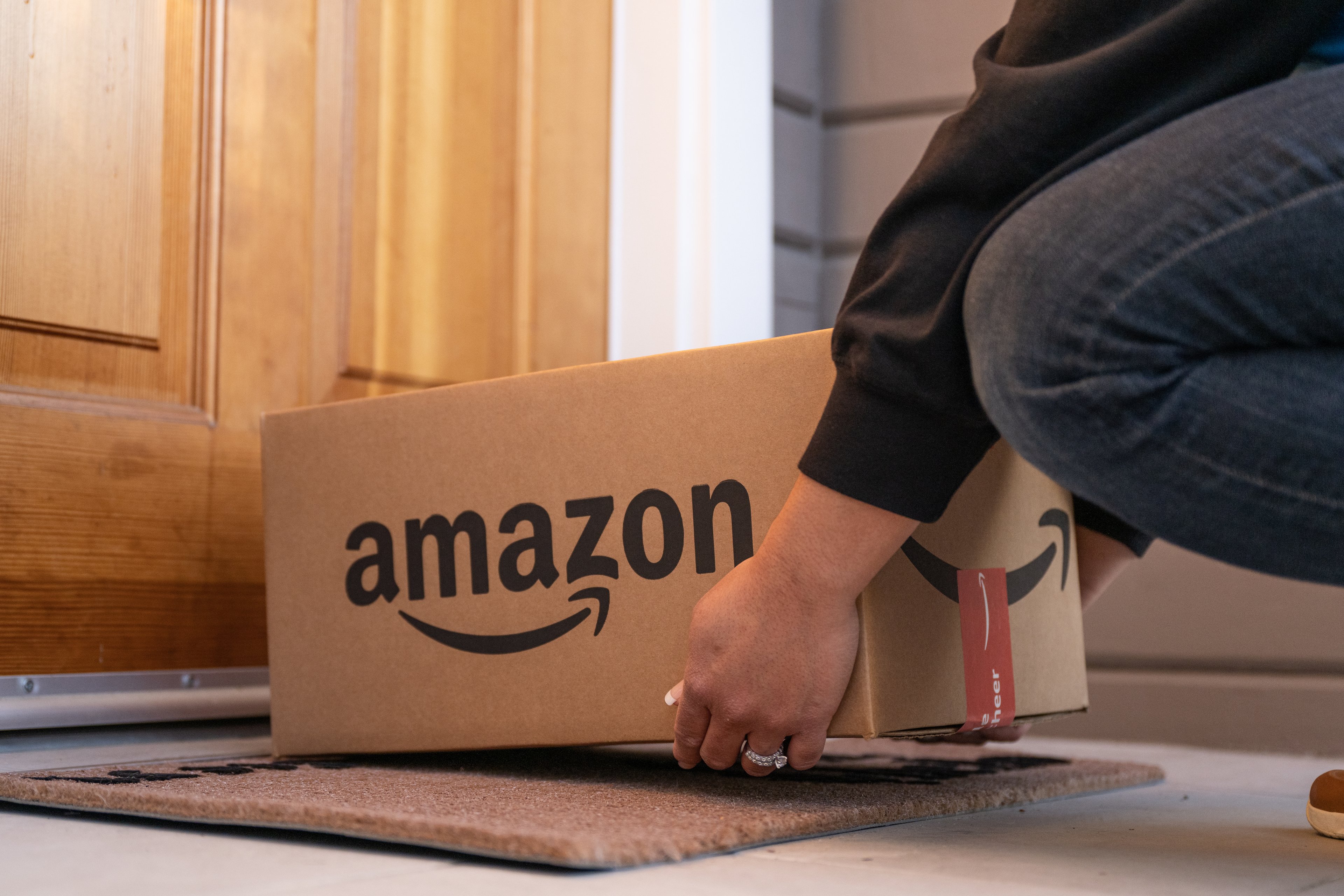Many Chinese stocks keep climbing the Great Wall of Worry. Alibaba (BABA 1.07%) is one of the leaders. Shares of the country's e-commerce pioneer have risen 46% over the past year, overcoming trade war concerns and its own lack of material top-line growth in recent years.
Alibaba's AliExpress -- its online retail platform that sells discounted merchandise to U.S. consumers -- is clearly in the crosshairs of the tariff dispute with the White House. After a decade of consistent double-digit revenue growth, it has clocked in with single-digit gains in the last three fiscal years. Analysts see more of the same through at least the next two years.
Investors will get a read on how Alibaba is holding up when it reports results for the first quarter of fiscal 2026 next week. A lot is riding on what it has to say that Friday morning, but instead of focusing on the next week, let's take a look at the next 52 weeks. Alibaba is in better shape to continue beating the market a year from now than you probably think. Let's take a closer look.
The business model works
Its flagship e-commerce business is a cash cow in China. Taobao and Tmall are its consumer-to-consumer and business-to-consumer platforms, respectively. They combined for $62 billion in fiscal 2025, or 45% of Alibaba's $137 billion in consolidated revenue.
The bigger point here is that those two platforms accounted for $27 billion -- or 113% -- of the company's consolidated $23.8 billion in adjusted earnings before interest, taxes, and amortization (EBITA). In other words, the profitability of its Chinese e-commerce efforts is funding the balance of the rest of its money-losing businesses.

NYSE: BABA
Key Data Points
So when you begin to ding Alibaba because of the impact of rising consumer-facing prices on AliExpress for stateside shoppers, connect the dots. All of Alibaba's international e-commerce business takes up a modest 13% slice of the top line, and the U.S. is just one part of that segment. It's also losing money, so it might be better for the bottom line if it leans even more on milking its cash cows.
This doesn't mean that all of these side bets are more trouble than they're worth. Alibaba is investing in everything from artificial intelligence to food delivery.
It announced on Thursday that it will be spinning off the autonomous-driving technology company that it owns 45% of and is no longer consolidated on its books. It's about to become found money. Even its Youku video streaming platform that has historically been a drag on the bottom line recently turned profitable.

Image source: Getty Images.
Alibaba can afford to spread its chips across the table. When your flagship business has an adjusted EBITA margin of 44%, there's a lot of cash flow to go around.
Management is targeting $7 billion in promotions to make its fast-growing food delivery business even more ubiquitous. It's also returning money to its shareholders. It has engaged in share buybacks in each of the last eight quarters. There's also a modest 0.9% dividend yield.
Ultimately, the best case for Alibaba continuing to beat the market in the year ahead is that it's so cheap. It is trading for 14 times this new fiscal year's adjusted earnings and less than 11 times next year's target. Its recent move to invest in the third-party food delivery market may hurt the bottom line in the near term, but the company is a smart collection of plays on the future. Don't forget about its cash-rich balance sheet.
Alibaba is a company that you don't want to bet against it -- even if it's growing slower on the top line these days.





